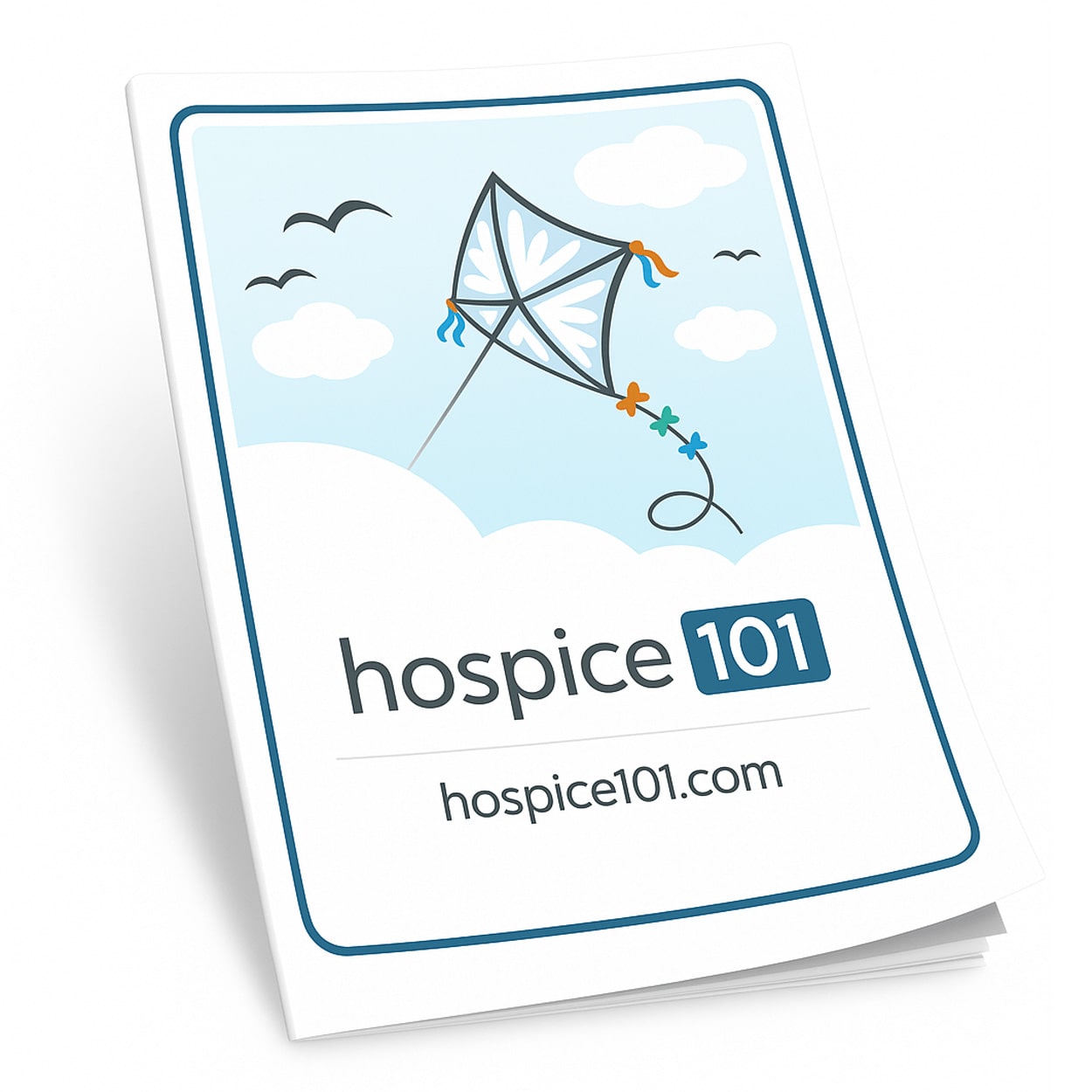5
Final Days
There will likely come a time when you begin to notice telling changes in your loved one’s condition that signal their final days. During this stage, the body and its systems begin to shut down. Talk with your hospice team about what to expect.
What are some common symptoms during the final days of life?
- Terminal Restlessness and Agitation. An unfortunate aspect of the dying process is restlessness or agitation. Your loved one may try to get out of bed even when they can’t stand. They may try to take off their clothes, pull off their oxygen or grab at the air around them. Further medications and treatments can be administered if needed. For example, many people in hospice care become agitated and restless when they are unable to verbalize that their bladder is full and failing to function properly. A foley catheter may be required to help keep the bladder drained.
- Terminal Secretions. Sometimes referred to as the death rattle, terminal secretions are probably the most startling and hardest to-process end-of-life symptom families will experience. Even with medication, it's a very difficult symptom to control. It occurs when mucous and saliva accumulate in the mouth and throat. It may sound as though your loved one is drowning, but this is not the case. Repositioning your loved one on their side or suctioning secretions from their mouth with equipment the hospice provides can help minimize the symptom.
- Not Waking Up. Your loved one may sleep all the time or may not be able to be roused at all.
- Not Eating or Drinking. At this stage in the dying process, the body no longer needs nourishment.
- Elevated Temperature. The body becomes unable to regulate temperature, and temperature may rise. The hospice nurse can offer medications or treatment to help reduce a high temperature.
- Irregular Breathing Patterns. Your loved one may go through periods where it seems that they do not take a breath, followed by an irregular breathing pattern or their breathing may become very rapid. Talk with your hospice team if this becomes a concern.
How do I know if my loved one is receiving the best care in this final stage?
In their final days, patients are often unable to verbalize their needs. The hospice team will assess comfort level by your loved one's overall look and demeanor. Are they breathing without difficulty? Are they moaning? Are they trying to climb out of bed? If your loved one is not doing these things, then they are likely in a comfortable and restful state.
While it’s understandable to equate a longer dying state with suffering, it's not always accurate to do so. ■
